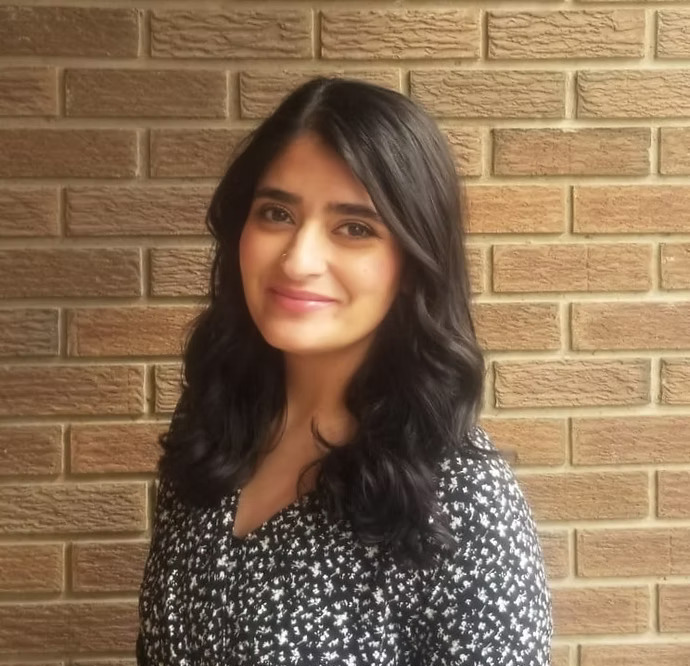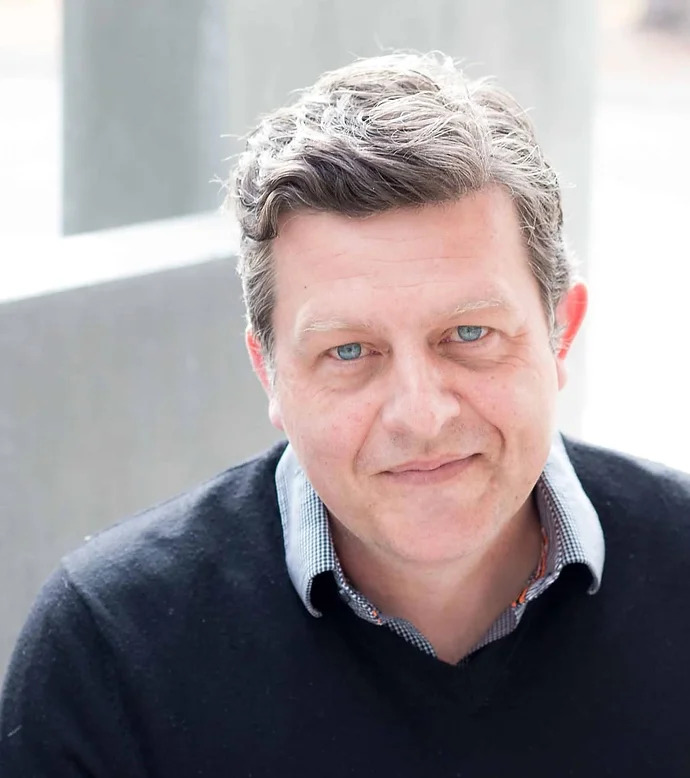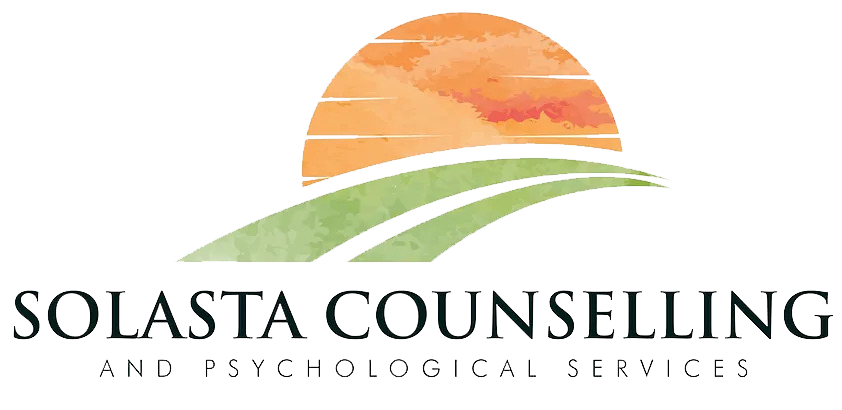EMDR in Calgary
We specialize in Eye Movement Desensitization and Reprocessing (EMDR) therapy to help individuals heal from trauma, anxiety, and depression.

What is EMDR Therapy?
EMDR in Calgary is designed to help individuals reprocess traumatic or disturbing memories that continue to affect their emotional health. Through a structured eight-phase process, EMDR allows clients to process these memories in a way that reduces emotional distress and helps them find healing.
What Makes EMDR Different From Other Therapies?
Unlike traditional talk therapy, EMDR in Calgary focuses on the underlying memories and emotions associated with trauma, using bilateral stimulation (such as eye movements, tapping, or sounds) to process and integrate these memories in a less distressing way.
This helps clients work through trauma without having to relive the traumatic events in great detail.

How Does EMDR Therapy Work?
EMDR in Calgary helps release distressing memories and negative beliefs that may be “stuck” in the brain, preventing emotional healing.

By using bilateral stimulation, EMDR encourages the brain to reprocess these memories and release emotional distress. Bilateral stimulation supports the brain’s natural healing processes, reducing the emotional impact of traumatic memories.
This helps integrate memories in a more adaptive way, making it easier to move forward with less emotional distress. The process involves the following steps:
History Taking
Your therapist will take time to understand your history and identify the issues you would like to work on during therapy.
Preparation
Together with your therapist, you’ll create a sense of safety and stability to prepare for the deeper processing work.
Assessment
During this phase, your therapist will identify the specific memories or negative beliefs that you wish to target.
Desensitization
This phase involves using bilateral stimulation (such as eye movements) while you focus on the target memories, allowing your brain to reprocess them.
Installation
Positive beliefs are introduced to replace negative ones, helping to strengthen your sense of self and emotional resilience.
Body Scan
The therapist will guide you through a process of scanning your body to identify any lingering tension or discomfort associated with the memories.
Closure
Your therapist will help you return to a sense of calm and emotional balance at the end of each session.
Reevaluation
During subsequent sessions, your therapist will check in with you to assess progress and ensure that the changes made during therapy are lasting.
“What happens after an EMDR session?”
Many individuals experience a reduction in emotional intensity related to their trauma shortly after the session. Over time, you’ll notice that the memories no longer trigger the same distressing emotions, and you’ll feel better equipped to cope with past trauma.
Why Choose Solasta for EMDR Therapy in Calgary?
Our therapists are trained and experienced in EMDR in Calgary, ensuring that you receive compassionate, effective care. We understand that trauma can be isolating, and we are here to offer a supportive environment where you can feel safe as you work through your experiences.
How Do I Know if EMDR is the Right Therapy for Me?
EMDR is an excellent option for anyone who has experienced trauma or emotional distress and wants to process and heal these experiences in a structured, effective way.
If traditional talk therapy has not been sufficient in helping you overcome your trauma, EMDR may be the right fit for you.
Our approach is client-centered, meaning that we tailor the therapy to meet your unique needs. We offer a safe and non-judgemental space where you can feel supported as you explore and heal from your past.

Who Can Benefit from EMDR in Calgary?
EMDR therapy is beneficial for anyone who has experienced trauma or emotional distress, providing an effective treatment option for various mental health concerns.

It can help individuals process and heal from past traumatic experiences, allowing them to regain emotional balance and stability. In addition to trauma, EMDR is effective for treating conditions like anxiety, depression, PTSD, and phobias. It helps individuals address the root causes of their distress, facilitating lasting emotional healing and offering a path toward personal growth and well-being.
It is effective for a wide range of issues, including:
Post-Traumatic Stress Disorder (PTSD)
EMDR is one of the most effective therapies for PTSD, helping individuals process traumatic memories and reduce symptoms like flashbacks, hypervigilance, and nightmares.
“Can EMDR help me if I have PTSD?”
Yes, EMDR has been extensively researched and proven to significantly reduce symptoms of PTSD, helping individuals regain control over their emotional health.
Anxiety and Panic Disorders
Anxiety often arises from unresolved trauma or distressing life events.
“What if I have anxiety related to past experiences?”
EMDR can help you reprocess the memories that contribute to anxiety, reducing the intensity of your symptoms and helping you feel more grounded.
Depression
Depression can be linked to past traumatic events or negative core beliefs about oneself.
“Can EMDR in Calgary help me with depression?”
Yes, EMDR can address the underlying trauma that may be contributing to depression, helping individuals reframe negative beliefs and experience emotional relief.
Grief and Loss
Losing a loved one, whether through death or separation, can create deep emotional wounds.
“What if my grief is affecting my mental health?”
EMDR can help individuals process the pain of loss, allowing them to heal and integrate the experience without being overwhelmed by sadness or emotional numbness.
Childhood Trauma
Many individuals carry emotional wounds from childhood that continue to affect their adult lives.
“Can EMDR in Calgary help with childhood trauma?”
Yes, EMDR is particularly effective in addressing unresolved childhood trauma, helping individuals heal from neglect, abuse, or other painful experiences from their past.
Phobias and Fears
Phobias often have their roots in past traumatic experiences or learned behaviours.
“Can EMDR help with my fear of flying?”
EMDR can help you reprocess and desensitize the fear associated with specific phobias, allowing you to confront and overcome them.
Addiction
Trauma is a common underlying factor in addiction, with individuals using substances or behaviours as a way to cope with emotional pain.
“Can EMDR help me with addiction?”
EMDR can address the root causes of addiction by processing the trauma and helping individuals develop healthier coping mechanisms.
What to Expect During an EMDR Session
When you start EMDR in Calgary at Solasta, you can expect a thorough assessment to ensure that this approach is the right fit for your needs.

How Long Does EMDR Therapy Take?
The length of therapy varies depending on the complexity of your trauma.
Some individuals experience relief after just a few sessions, while others may require more time to work through deeper issues.
Each EMDR session typically lasts 50 minutes. Your therapist will guide you through the process of identifying memories and beliefs to target while using bilateral stimulation.
What Should I Expect During an EMDR Session?
Many people experience a reduction in the emotional intensity of their trauma, and some even report feeling more relaxed and empowered after a session.
Over time, you’ll notice that the memories no longer have the same emotional charge, and you’ll feel more in control of your thoughts and emotions.
How Will I Feel After an EMDR Session?
After an EMDR session, you may experience a range of emotions, from feeling lighter and more at peace to feeling fatigued or emotional as your brain processes the trauma.
It’s normal to have lingering emotions, and some clients report a sense of relief or clarity.
Your therapist will be there to guide and support you through this process, ensuring that you feel safe and supported throughout your healing journey.

Begin Your Healing Journey with EMDR in Calgary
Our compassionate therapists guide you through trauma recovery, helping you regain control of your life.
Calgary Counselling and Psychology Services
Our Calgary psychologists have a wide range of experience and expertise in understanding the unique needs of our clients and helping you reach your therapy goals.
CAP
All of our psychologists are registered with the College of Alberta Psychologist.
PAA
Many of our psychologists are members of the Psychology Association of Alberta.
CCPA
Many of our psychologists are members of the Canadian Counselling and Psychotherapy Association.
Therapists Specializing in EMDR Therapy

Only

Only

Only

Only

Only

Only
FAQs
What is EMDR therapy best for?
EMDR (Eye Movement Desensitization and Reprocessing) is most often used to treat trauma and post-traumatic stress disorder (PTSD). It can also help with anxiety, grief, phobias, and negative self-beliefs by helping the brain reprocess difficult memories in a healthier way.
Does EMDR therapy work?
Yes. EMDR is supported by extensive research and is recognized by organizations like the World Health Organization (WHO) and the American Psychological Association (APA) as an effective treatment for trauma. Many clients notice improvements after just a few sessions, though results vary.
How long does EMDR therapy take to work?
Every client is different. Some people find relief within a handful of sessions, while others with more complex trauma may need longer-term support. Your therapist will work with you to create a treatment plan that fits your history and goals.
Who should not do EMDR therapy?
EMDR may not be recommended for individuals who are currently in crisis, experiencing severe dissociation, or struggling with certain medical conditions that make relaxation difficult. A trained therapist will complete an assessment with you to determine whether EMDR is a safe and appropriate approach.
What is the success rate of EMDR?
Research shows that EMDR is highly effective for many people, particularly those recovering from trauma. Studies have found significant reductions in PTSD symptoms for the majority of clients, with many maintaining progress long after therapy ends.
We’re Located in Calgary, Alberta
We provide counselling and psychological services in-person in Calgary and online counselling throughout Alberta.
Suite 200, 1716 16 Ave NW, Calgary AB
*free parking behind the building
Our Calgary Office Space
Our thoughtfully designed counselling spaces are crafted to create a warm, welcoming environment where you can feel completely at ease.







Get Started With Solasta in Three Easy Steps
Find Your Therapist
Book Online
Choose a date and time that fits your schedule and receive instant confirmation of your appointment.
In-person or Online
Visit our welcoming Calgary office or meet with your therapist online from the comfort of your home.
